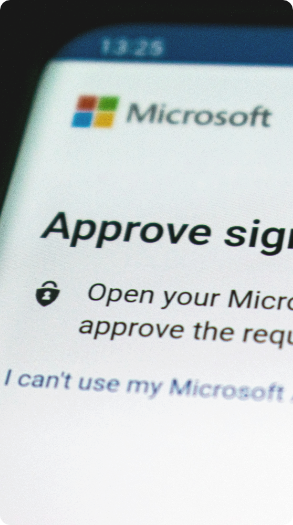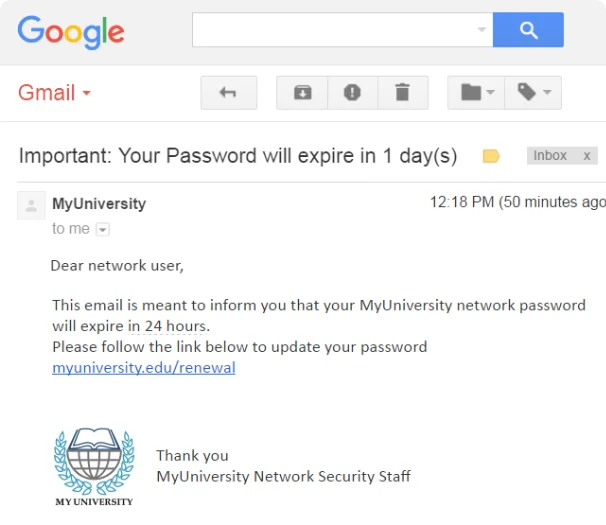Shield yourself against identity theft and financial fraud.
Criminals actively seek out individuals and collect personal information, using it to assume that person’s identity.
Their goal? To steal sensitive details and attempt unauthorised access to bank accounts and other financial resources.
Check out our tips below for keeping your identity and personal information safe.

-
Contact us on 1300 728 728 during business hours or 0467 953 309 (8am - 6pm weekends & public holidays) and report your situation.
-
You can report your card as lost or stolen 24/7 in our App, through Internet Banking, or by phoning 1300 728 728.
-
Don't delay - as the quicker you let us know, the faster we can help protect you.
Be cautious of these red flags.
- Unrecognised charges on your bank statement: If you spot unusual bills or charges that you don’t recognise, it could be a red flag. Remember to check your transaction history regularly.
- Missing expected mail: If mail you’re expecting doesn’t arrive, it’s worth investigating further.
- Unexpected calls or texts: Be cautious if you receive calls or texts about products and services you’ve never used or requested.
- Strange emails in your inbox: Keep an eye out for suspicious emails that seem out of place.
- Surge in suspicious communications: If you experience a sudden increase in suspicious phone calls, texts, or messages through a social platform, be vigilant.
Stay vigilant.
- Be alert for suspicious emails, phone calls, texts, or social media messages. Keep a close eye on your bank account to spot any unauthorised transactions.
- Consider requesting a temporary ban on your credit report. This ensures no unauthorised loans or applications are made in your name.
Be mindful.
- Be cautious when responding to seemingly innocent questions, quizzes, or polls on social media. Scammers may use these to gather personal information for identity theft.
- Before sharing personal details like your first car, school, pet, teacher, or job, think about how they could be used against you.
Stay skeptical.
- If you didn’t initiate contact, assume it might be a scam until proven otherwise. When communicating online, verify the identity of the other party independently.
Act fast if you are concerned.
Contact your bank and financial sources.
Reach out to your bank, super fund, and any other financial institutions you’re connected to. They can promptly block your accounts, preventing scammers from accessing your money. Consider cancelling any credit or debit cards linked to these accounts.
Change your passwords.
If your identity has been compromised, it’s important to act quickly. Change your passwords straight away. Remember to update passwords for all your online accounts, including social media and other banking services.
Report the fraud.
If you suspect your personal information has been misused, report it via ReportCyber. Timely reporting helps authorities take necessary action.
Notify relevant websites.
If you believe someone has hacked into your online accounts, report the incident to the relevant websites. Prompt action can prevent further damage.
Alert family and friends.
If your social media accounts or email address have been compromised, inform your family and friends. Encourage them to block the affected account.
Question
Your answer:
Correct answer:
Your Answers
Staying scam aware.
Scammers use various tactics to steal money or information, posing as trusted contacts, sending deceptive messages, or resorting to threats. To stay scam safe, don’t trust claims without verification, avoid clicking on suspicious links or downloading attachments, and cut contact if threatened.
Remember: Stop. Think. Protect. Pause before sharing information, question if the message is authentic, and act quickly if something feels wrong.
How business email compromise scams can affect you
Recently, a Summerland Bank customer fell victim to an email scam after paying a fake invoice received through email. Scammers had altered the bank details in the email and deceived the customer.

